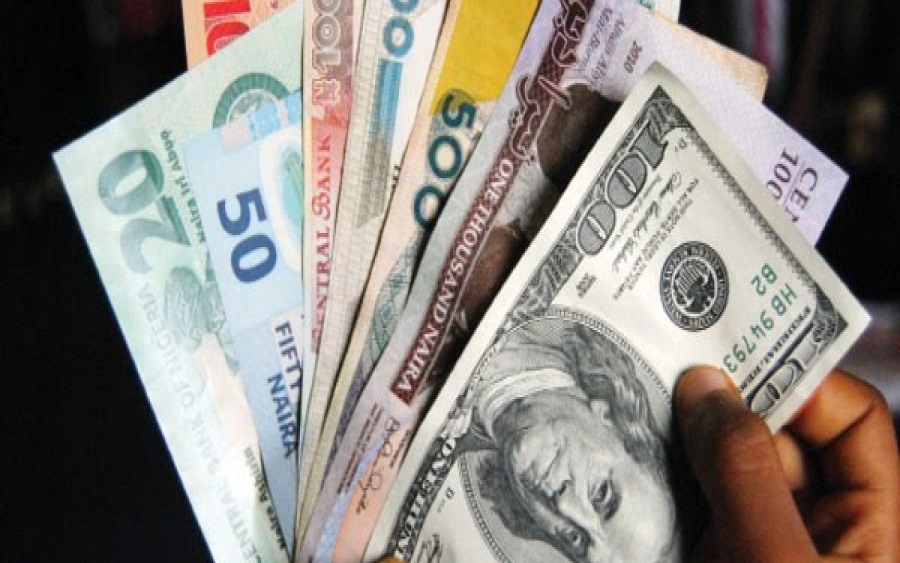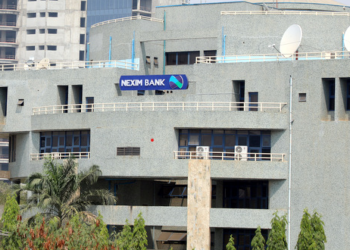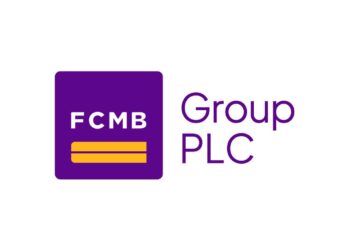Nigeria’s External Reserves plunged to $40.3 billion as at October 18, 2019. This is the first time in almost two years that the nation’s external reserves would decline to $40.3 billion.
According to data obtained from the CBN, Nigeria’s external reserves dropped from $45 billion in July to $40.3 billion in October 18 2019. This suggests the country’s external reserves has depleted by $5 billion in less than four months. The CBN’s reserves is now at a 21 months low.
Nairametrics has tracked the movement of the external reserves in recent months in view of several monetary interventions in the economy.
[READ MORE: External reserves drop by $3.2 billion in Q3’19]
The Oil Price effects?
While the decline in the country’s external reserves has coincided with recent fluctuations in global oil prices, the depletion in reserves has more to do with CBN intervention in the foreign exchange market.
For instance, Financial Expert, Walle Smith, in a recent analysis cited by Nairametrics, stated that as foreign capital flowed out of the country, the CBN had to actively intervene to keep the Nigerian Naira in line.
According to him, “Oil is no longer the biggest driver of CBN reserve inflows. In 2018, oil accounted for 26% of CBN USD inflows (Q119:23%) vs over 90% before 2015. CBN purchases at the spot and swap market are now a big driver half of non-oil FX flows.”
While providing explanations to the reason to decline in the country’s reserves, the CBN in its monthly economic report for August 2019 stated that the decrease was due, mainly, to increased foreign exchange market interventions and external debt service payments, as well as, direct payments.

Since the introduction of the Investors and Exporters’ window in Nigeria, the CBN has increasingly intervened in the forex market as an active buyer and seller of currencies.
For instance, the half-year report recently released by the CBN’s Financial Markets Department showed that for half-year 2019 (January – June), the apex bank made available a whopping sum of $8.28 billion to authorised dealers in the FX market.
[READ ALSO: Nigeria’s foreign reserves fall to 6-weeks low, lose $81.10 million]

Debt concerns and its attendant costs
While the CBN’s intervention in the foreign exchange market has been a source of concern, two other issues depleting the country’s reserves are the country’s debt profile and outflow of foreign exchange.
Recent report released by the Debt Management Office (DMO) showed that Nigeria’s total debt stock rose to N25.7 trillion (US$83.8 billion) as of the end of June 2019, compared to N24.9 trillion recorded in March 2019. That is, within three months, Nigeria increased its debt by N754.56 billion, representing a 3.2% increase.
A further look at the international payment section of the CBN showed that Nigeria paid $732.9 million (N224.6 billion) between January and June 2019. There is no gainsaying that the country’s reserves were used to service the debt.
Currency flows
The external sector performance of the Nigerian economy has continued to be on the low as oil prices plummeted while the country’s non-oil export slowed. This implies that the use of the country’s reserves to either defend the naira or service the debt comes at a great cost.
According to the CBN report for August 2019, the decline in international prices of crude oil affected the inflow of foreign exchange into the country. Meanwhile, this has not stopped outflow for an import-dependent economy like Nigeria.
In August, for instance, foreign exchange inflow through the CBN was put at $4.8 billion while the outflow was $6.14 billion. This puts the net outflow at $1.24 billion.
[READ ALSO: Nigeria’s External Reserves and SWF: Why IMF cannot be ignored]
Devaluation Concerns?
Recent policy moves by the CBN suggest that devaluation concerns are already brewing as the apex bank is throwing all measures to prevent this from happening. In a desperate bid to prevent naira from devaluation, the CBN has introduced several policy measures which include FOREX ban on food items and some fiscal measures to improve revenue.
Also, the CBN Governor, Godwin Emefiele had recently mentioned that if external reserves drop to between $30 billion and $25 billion, and oil price falls between $50 – $45, the apex bank could consider moving on to float the exchange rate and devalue the naira.
This means if the current trend continues, the Nigerian economy may just be heading for another quagmire.





















